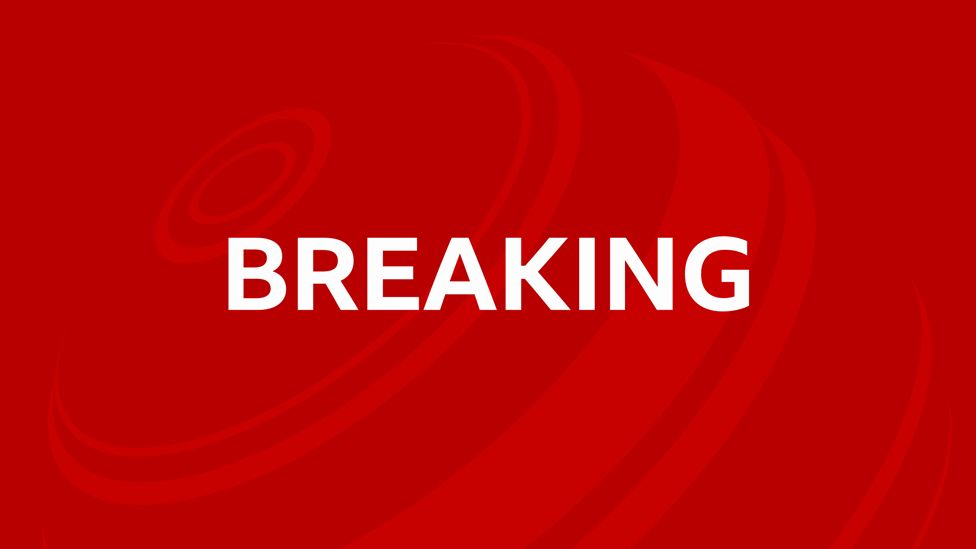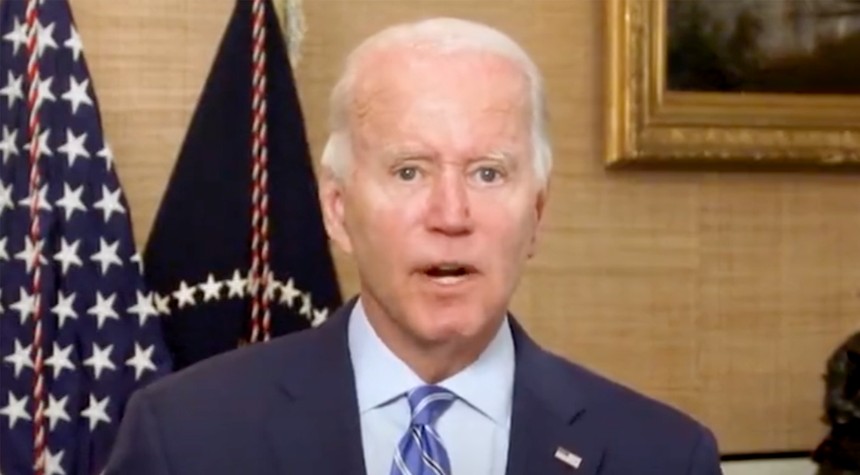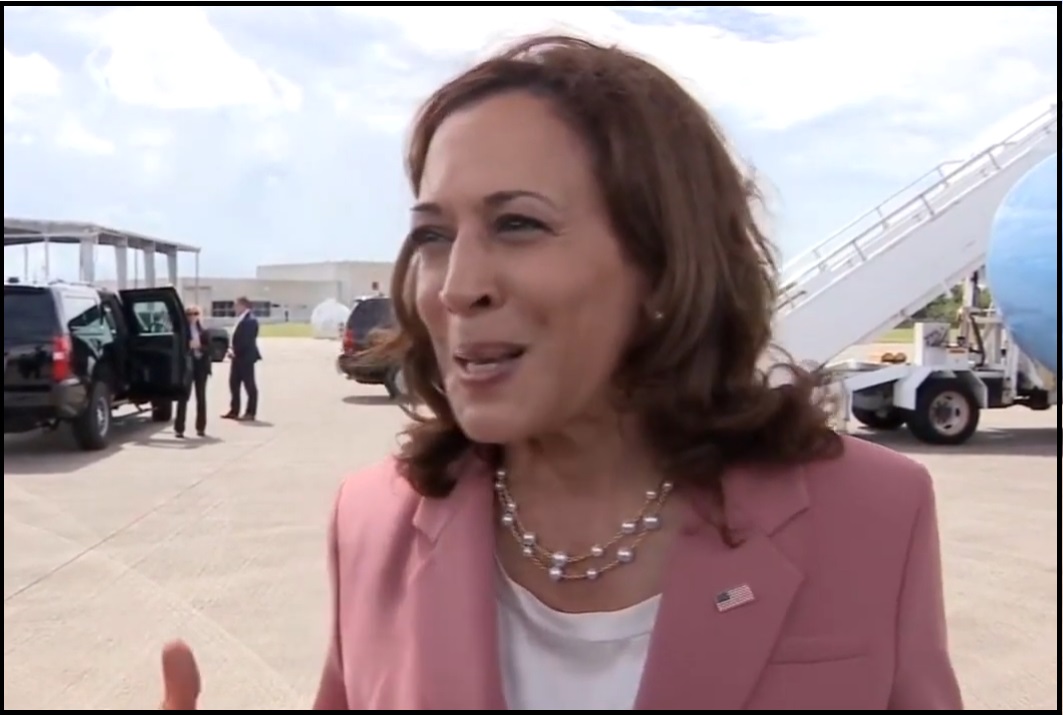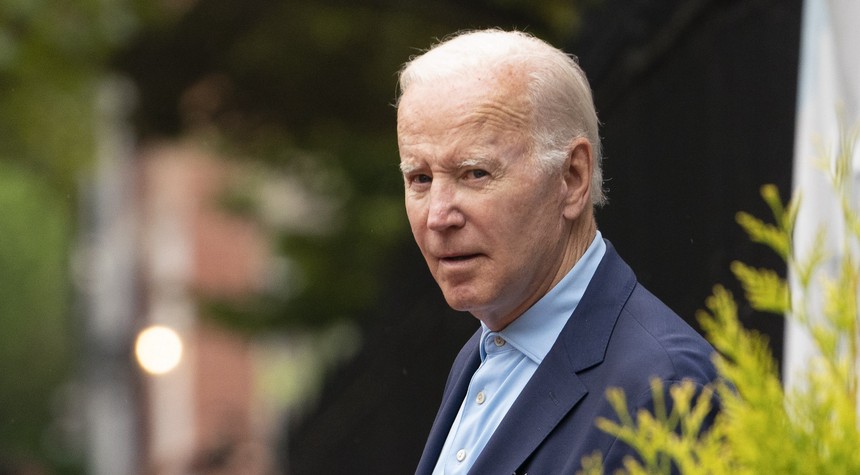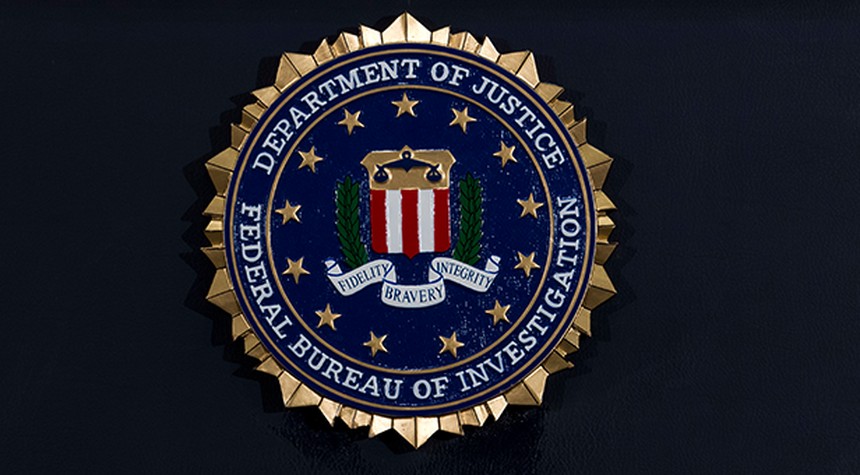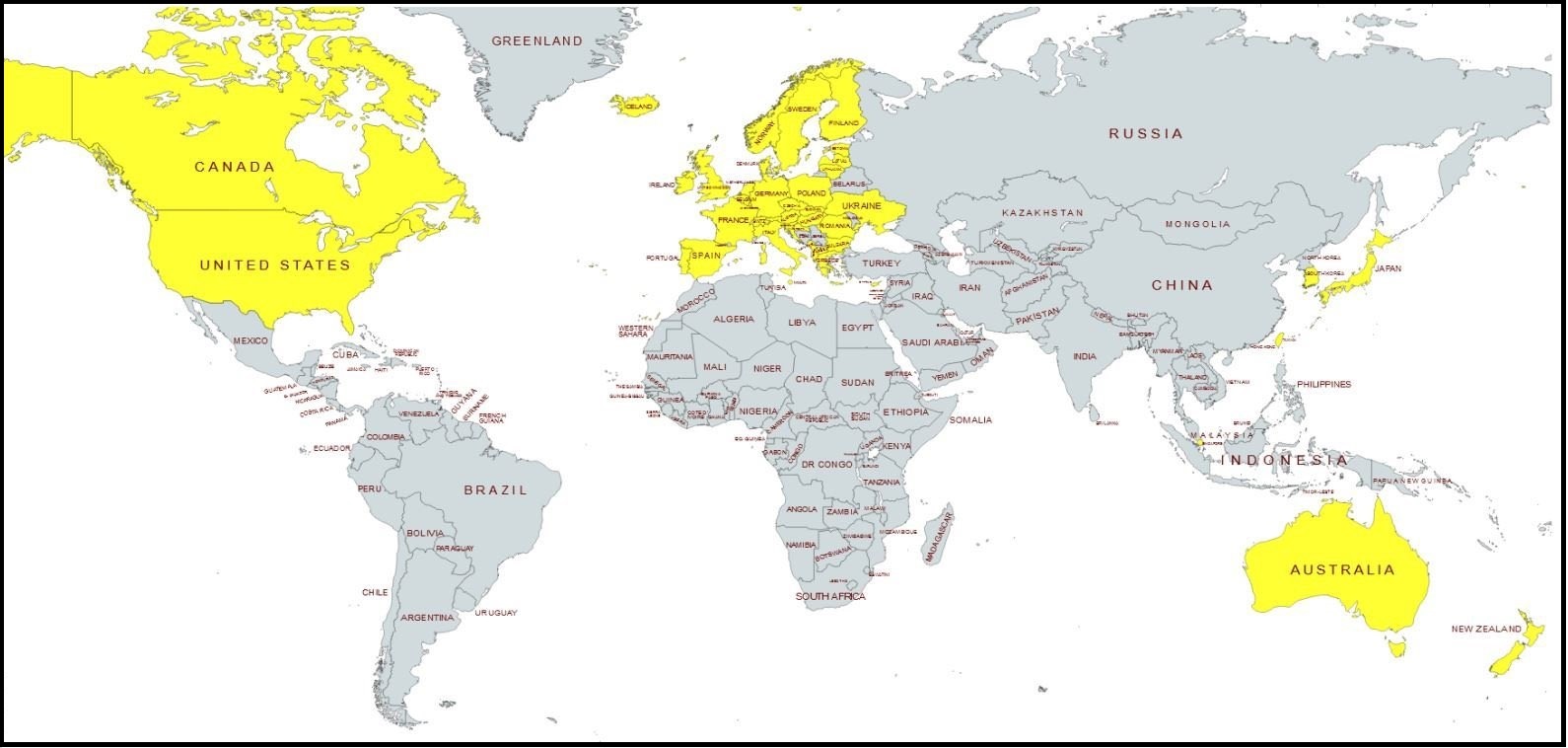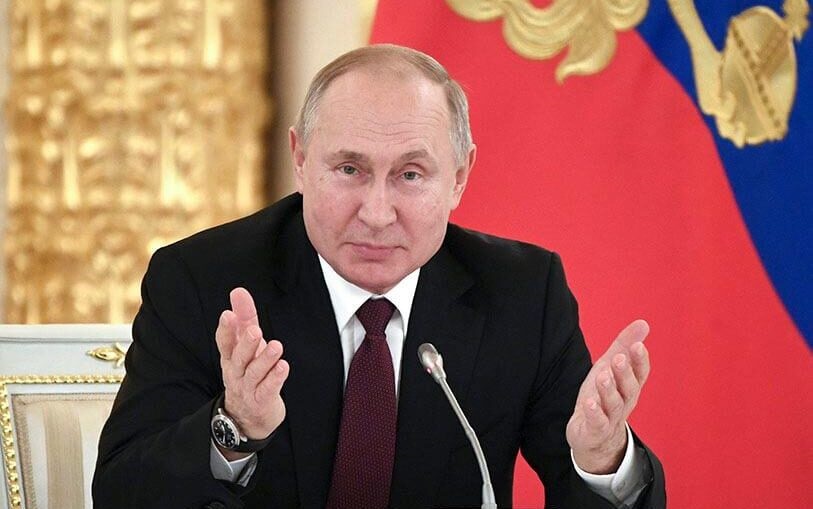John Eastman stands accused of seeking to overthrow the legitimate government of the United States. He has carefully laid out the account of his service as legal counsel to Donald Trump in the aftermath of the 2020 election. In doing so, he has fully reviewed the legal issues in play during that fraught period of national politics. Moreover, he has demonstrated that his accusers themselves stand accused of consulting political fears rather than careful legal scholarship.
That demonstration, however, does not provide a defense for Eastman’s accepting the case of Donald Trump. For all must acknowledge that an attorney must evaluate a case far enough to persuade himself that it is acceptable to serve the cause to which he is summoned. Eastman’s defense stands or falls on the strength of his assessment that undertaking the case presented to him was a thing worthy and within his competence to perform.
To understand the decision that Eastman made, it is necessary to observe that he played no role in the Trump campaign of 2020 and was not part of the administration. He was indeed called in only in the aftermath of the election, at which time he was presented with his client’s view of the case and the need to be served. He faced a coherent statement of claims of electoral irregularities the resolution of which would redound to his client’s advantage. He could only make a preliminary assessment of the charges of irregularities, but that sufficed to persuade him that they should be looked into.
The far more significant element of the case, however, was the prospect for timely intervention and the character of such intervention. He knew already by the Saturday following the election, when he was called to counsel with the Trump legal team, that it was most unlikely to arrive at a forensic demonstration of illegal practices in the not quite six weeks prior to December 14, 2020, when the electoral process would have proceeded to a stage at which constitutional avenues to intervene would be few, if any. For each successive stage of the electoral process finalizes judgments reached to that stage in a manner that can admit only the narrowest possible challenge, with prospects dwindling to almost nothing at each iteration. So, for example, if a president were elected through a process that was shown to be fraudulent only after inauguration, the sole remaining recourse would be impeachment and not even that could resurrect the claim of the unfairly disqualified candidate.
The foundation of these dynamics is that the electoral process is a constitutionally driven process, albeit facilitated by legislative enactments. While it is possible to sue to enforce a constitution, and hence to correct legislative errors, it is not possible to sue a constitution. As a result, opportunities for legal intervention decrease by orders of magnitude at each stage of the electoral process.
Eastman took up his responsibilities in this context. What distinguishes his contributions to these important events is that his contributions to these important events eventually redirected the Trump effort (once preliminary attempts by other attorneys at judicial intervention were stymied on procedural grounds). Eastman emerged in that central role specifically because of the manner in which he carried out his responsibilities. He adhered to professional and ethical practices, while nevertheless advancing his client’s claims in the most compelling manner available.
But Eastman did one thing more, something that has been obvious but never noted by other commentators. That is, he carried out the assignment with due regard to the higher political interest of the country without diminishing his client’s claims. That was an act of needle-threading of the highest order.
Let us remember the scenario. “Stop the Steal” was the raging cry of disappointed candidates and voters. Urgent appeals that something must be done reverberated across the national landscape. Appeals to officials fell on deaf ears. Counterclaims that the people had spoken and chosen Biden were equally loud, punctuated with aspersions of “no evidence.” The situation cried out for someone to take command and set things right.
Although Americans have come close on at least two occasions (abstracting from the 1860 experience), in such situations they have heretofore avoided what is common in much of the world—namely the resort to extra-judicial and extraconstitutional proceedings to supply a perceived vacuum. The critical issue at the end of 2020 was not whether evidence of fraud would be produced; it was rather whether people who believed that fraud had occurred would break out of the customary constraints of the rule of law. The hyperbolic reaction to the riot at the Capitol on January 6, 2021, accurately reads the political thermometer of the era. The fear that something painful would ensue was real, and in fact it had penetrated the highest elements of political and military leadership well before the election (as has now been well attested). The burning question was not “where is the evidence?” but “what might Trump do?”
The beauty of John Eastman’s legal counsel to Trump and Pence was precisely his much-criticized theory about the process of counting the electoral vote. Mistakenly characterized as an attempt to circumvent democratic process, the theory in fact reinforced in a powerful way not only democratic process (consent of the governed) but more importantly constitutional constraint.
All who have commented on Eastman’s legal memoranda (Joseph Bessette, John McCormack, Laura Field, et. al.) have ignored the fundamental reality that what Eastman accomplished was to persuade Trump that he could do nothing himself.
Having promoted the president of the Senate to the position of the only constitutionally identified office that held any authority and responsibility to make any judgment in the case, Eastman not only focused Trump’s pressure on Mike Pence. He more importantly deflected all deliberation away from what Trump might do to the judgment that Pence would exercise. This is not to say that Eastman did not believe in his minimalist scenario of pausing in order to exercise judgment. What matters, though, is that he concentrated the judgment squarely in Pence’s hands, and Pence exercised that judgment. In other words, Pence judged that the electoral returns were materially clear and convincing (a judgment Eastman argued that Pence could make), finally settling the issue that Trump would leave office.
What might have occurred in the absence of the legal counsel that Eastman provided? We cannot say. We have heard too often repeated the observation that while the riot ensued the president stewed—that is, he did nothing. That result was not only on account of Eastman having dissuaded him from believing that he could do anything. It also derives from the president having been abandoned by his national security team. Nothing can be more obvious than that a riot at the Capitol is a national security event. Accordingly, it is equally obvious that, if the national security team was not gathered about the president at that hour counseling on steps to take, that means that the national security team had abandoned the president. Eastman’s legal work unintentionally partnered with internal resolve within the government to cordon off the presidency until a transition could be effected.
Did Eastman, then, not believe in the election fraud scenario? He has provided fulsome evidence that there were identified irregularities sufficient to have altered the outcome of the election. Accordingly, his legal advice was not disingenuous. Rather, it operated within the limits of what was credible and possible. It is not necessary to depreciate his sincerity in order properly to estimate the valuable service he rendered on this occasion.
Nor will it do to cameo a four-minute presentation on the Capitol mall on January 6, in which he presented his closing argument on behalf of his client, as evidence of some sinister intent. That he was caught up in the moment is undeniable. I doubt that there are very many souls who, finding themselves addressing such an assembly, mightn’t be caught up in the moment. The fitting oratory on such occasions is acquired by usage. To control a massive crowd by cadence and rhythm as a Ronald Reagan or Martin Luther King could do is not a gift acquired all of a sudden. Too much has been made of that “if the glove fits, you must convict” moment. And it would be a great injustice to use it to deflect from the sober reasoning that informed Eastman’s counsel to Trump and Pence, including most importantly clearly stating what is not legally permissible.
John Eastman is John Eastman’s best defense, his apologia sua.





